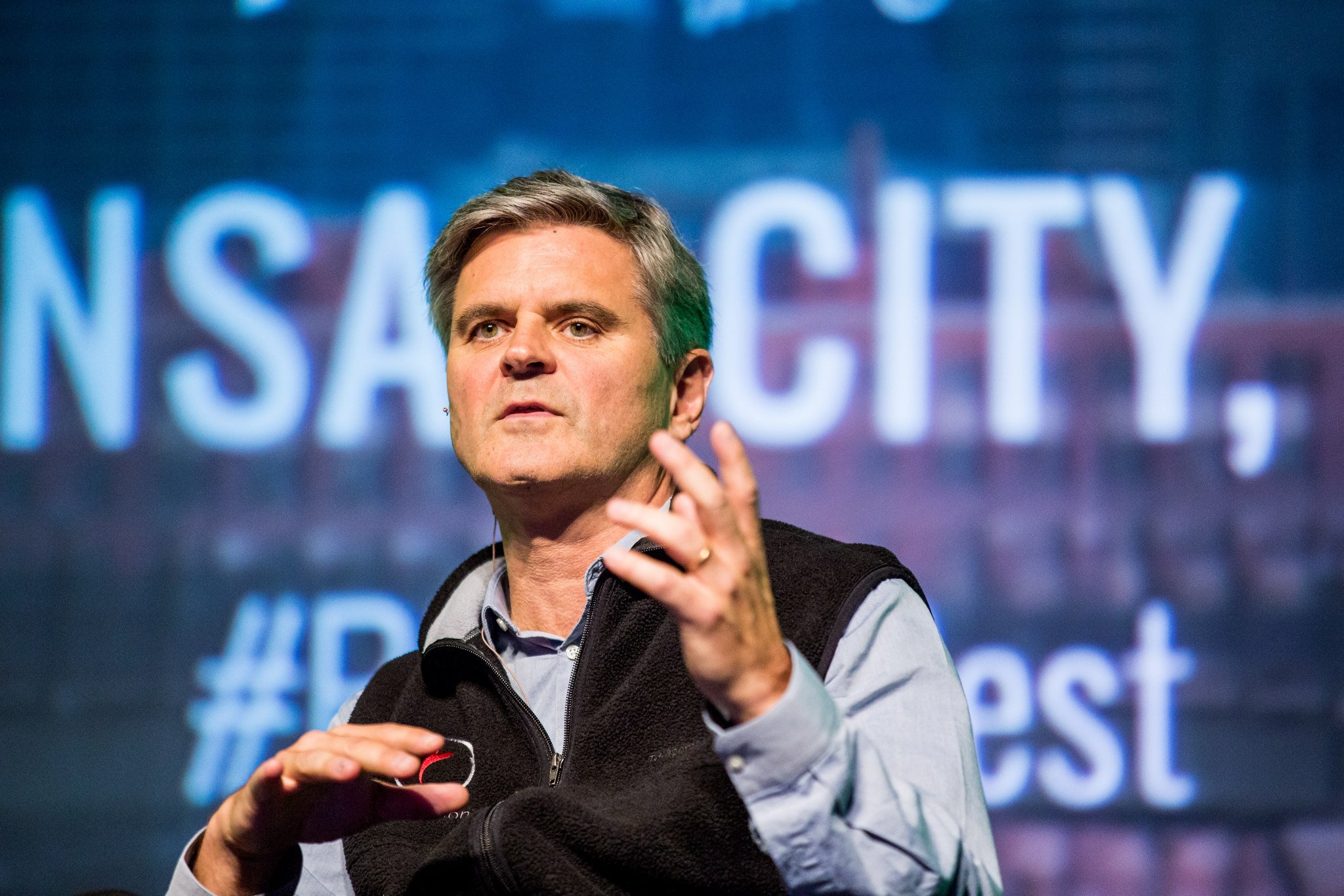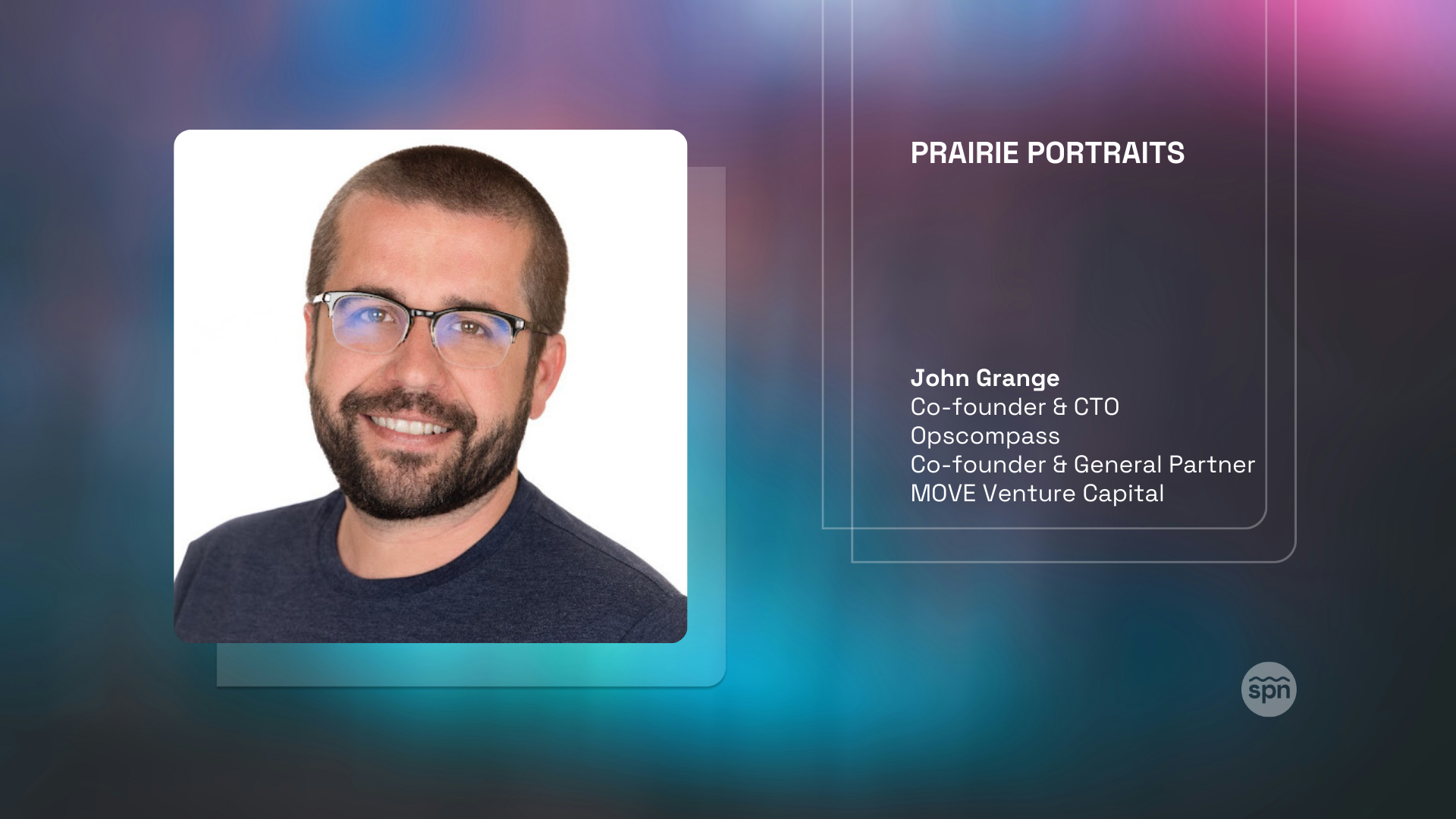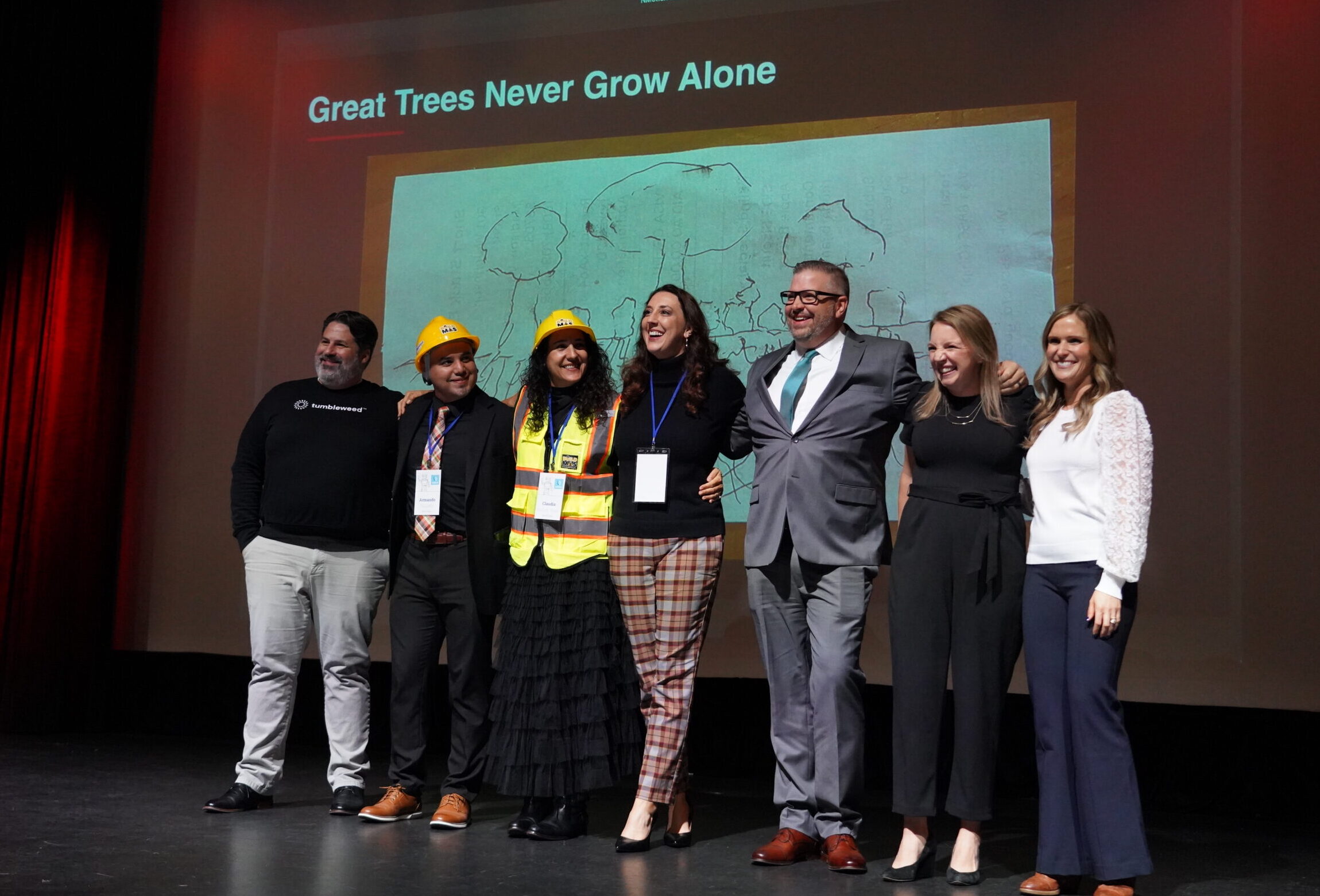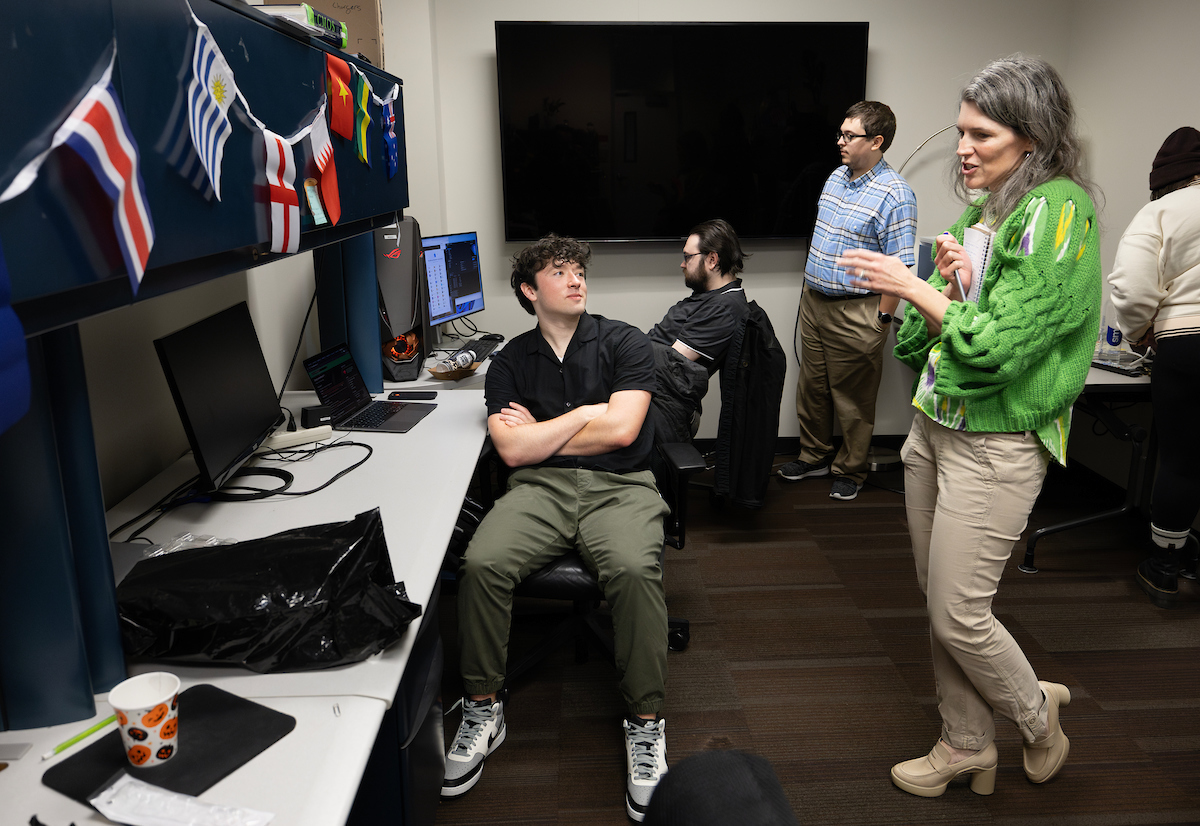 KANSAS CITY— Steve Case remembers the early days of AOL in Washington D.C. in the 1980s.
KANSAS CITY— Steve Case remembers the early days of AOL in Washington D.C. in the 1980s.
The founder of one of the world’s first mainstream Internet services says it was a government town only.
“It was nothing at the time,” Case told SPN earlier this month when he stopped in Kansas City for the Rise of the Rest tour. “There was no venture capital… It was from New York, Chicago, Toronto… Our law firm was out of Boston. It wasn’t a startup town at all.”
But 20 years later, D.C. has grown into itself, no longer a horse with wobbly legs, which Case says may be the stage some Midwestern cities are in now. Others, he says, are starting to trot and pick up speed—and it’s not based on the size of the community either.
BECOME A SPONSOR
Join us in championing the narrative of success, resilience, and ingenuity that defines Nebraska’s startup community. Learn more »
Madison has more momentum than Milwaukee, Cedar Rapids a little more than Des Moines, he says. Kansas City is thriving.
It’s all about the entrepreneurial leadership, Case said, as the bus he’s riding on zooms north on I-29 from the Kaufmann Foundation in south KC to Hangar 9, the site of Big Kansas City and the Rise of the Rest pitch competition.
Rise of the Rest, a weeklong bus road trip across five Midwest cities, is all about bringing attention to no-coast startups.
The five cities—Madison, Detroit, Des Moines, Kansas City and St. Louis—have great pasts and great futures, he says.
“They’re percolating and bubbling with signs of momentum,” Case said. “We’re trying to throw kerosene on the fire to accelerate it and grow more network density in the region. We can do more at the same table than we can apart.”
So what makes a great entrepreneurial community? Case spent about 25 minutes breaking it down.
Talent
Case says you have to develop it locally in the Midwest because it’s hard to pull it from the coast. The region needs education from universities to code schools. The region can also capitalize on the “boomerang effect”—that’s the people who grew up in the area and moved. He says those people will sometimes move back and provide a great pipeline.
Capital
There needs to be more early, angel stage funding from those with money in town. And Case characterizes the Midwest as a very philanthropic region, but instead of donating money for a school or symphony hall, local investors should turn their eyes on early stage startups.
“Those things are important, but investing in startups is, too,” Case said. “They create jobs and growth. We need to get would-be investors off the sidelines. There’s too many tight pockets.”
So how do you open them up? Show them how easy it is to invest. Show them how much money they can make—it’s probably more than they think. Show them the diversity of “startups” out there. While some may shy away from tech, there’s plenty of entrepreneurial companies out there like Chipotle or Chobani in their early days. Those may be closer to an area where they are comfortable rather than a pure tech startup.
“Bottom line, if they care about community, there is no better way to lift it up in a sustainable way than to plant seeds for the companies of tomorrow.
“You got to have the backs of these small companies in order to make them into big companies. If you don’t, you wake up and the community is struggling.”
Network
It goes with creating a startup culture and promoting density. But getting the end product is different in every city, he said. Detroit is very entrepreneurially led while Cincinnati has Fortune 500 companies that help drive capital to startups.
“You have to have culture, density, friendly regulations… and you have to do it in a more collaborative way,” Case said. “That’s why I love Rise of the Rest. We come into each city, have a pitch competition with some of the most promising startups and shine a spotlight on them.
“We also do a startup crawl and bring mayors, senators, startups and more together.”
Case says he hopes startup success can spread more evenly across the country in the next 10-20 years, but it takes those factors. The Silicon Valley mindset is that success is overnight, but the Midwest can build themselves over a decade, Case said.
It took D.C. that long.



